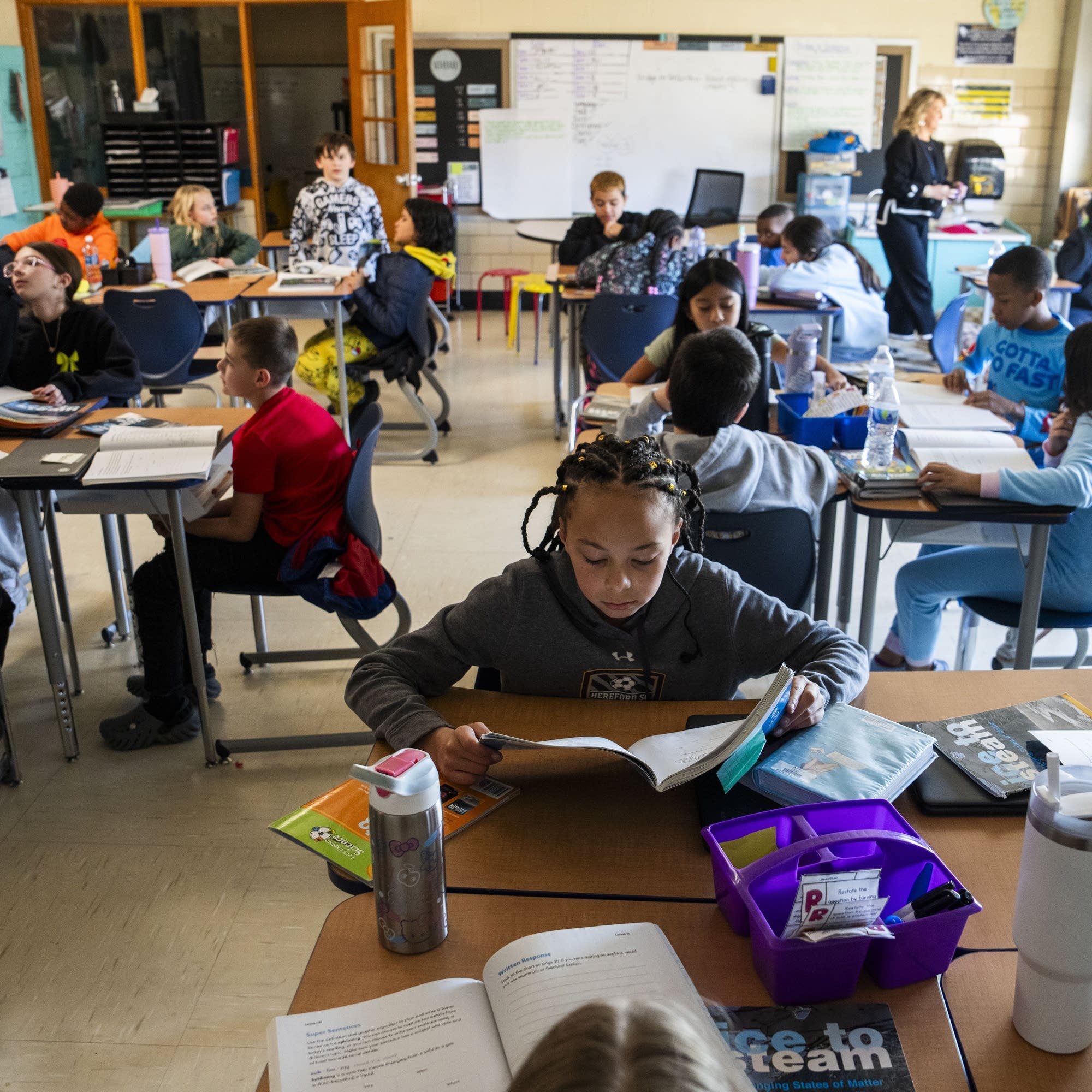Make Me Smart

Each weekday, Marketplace’s Kimberly Adams makes today make sense along with her Marketplace colleagues, breaking down happenings in tech, the economy, and culture. Because none of us is as smart as all of us.
Website : https://www.marketplace.org/shows/make-me-smart
RSS Feed : https://feeds.publicradio.org/public_feeds/make-me-smart
Last Episode : September 9, 2025 3:46pm
Last Scanned : 7 minutes ago
Episodes
Episodes currently hosted on IPFS.
 The future of education research in limbo
The future of education research in limbo On today’s show, host of APM Reports’ “Sold a Story” podcast Emily Hanford joins Kimberly to make us smarter about the science of reading movement. It’s gained a foothold over the past few years (thanks in part to “Sold a Story”). But the Trump administration’s cuts to the Department of Education could slow the momentum of reading research and the effort to share it with educators.
Here’s everything we talked about today:
- "Episode 14: The Cuts" from “Sold a Story”
- "$900 Million in Institute of Education Sciences Contracts Axed" from Inside Higher Ed
- "How legislation on reading instruction is changing across the country" from APM Reports
- "What to Know About the Science of Reading" from The New York Times
Learn some Kimberly Adams trivia on Marketplace’s Instagram
We love hearing from you. Leave us a voicemail at 508-U-B-SMART or email [email protected].